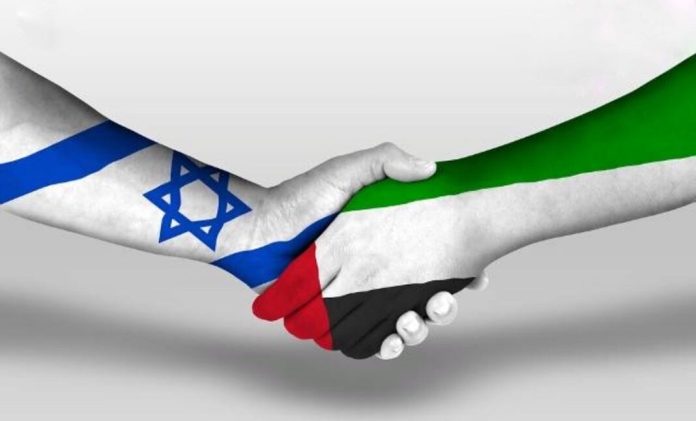The United Arab Emirates (UAE) is reportedly aiding Israel’s military efforts in the Red Sea region by financing the establishment of a military base in Somaliland, a self-declared state in the Horn of Africa. According to a report in Haaretz, the base is strategically designed to counter the Houthi movement in Yemen, which has been responsible for launching advanced missiles and drone strikes targeting Israel and its allies.
This development underscores the UAE’s growing collaboration with Israel following the Abraham Accords of 2020. The UAE has played a mediatory role between Israel and Somaliland, facilitating the base’s construction and partially funding it. This aligns with the UAE’s strategic interests in the region, where it has maintained a significant military and commercial presence since 2017 through the Berbera Port. The UAE has invested $440 million into developing the port and airport, making them critical hubs for its operations in Yemen.
Located near the Bab al-Mandeb Strait, a critical maritime chokepoint handling 12% of global trade annually, Somaliland offers a strategic advantage for regional and global powers. The unrecognised state declared independence from Somalia in 1991 and has since established unofficial relations with nations like Israel, Taiwan, and the UAE.
For Israel, Somaliland’s proximity to Yemen presents an opportunity to strengthen its defences against Houthi attacks. Recent drone strikes from Yemen have revealed vulnerabilities in Israel’s air defences, highlighting the need for closer strategic depth. Somaliland’s lack of international oversight further enables Israel to expand its military footprint with minimal scrutiny.
Reports suggest that Israel has offered to recognize Hargeisa, Somaliland’s capital, in exchange for establishing the base. This recognition would bolster Somaliland’s quest for legitimacy while advancing Israel’s security objectives in the Red Sea region.
The establishment of an Israeli military base in Somaliland raises concerns about escalating tensions in the already volatile Red Sea region. Egypt views this development as a potential threat to the security of the Suez Canal, a critical artery for international trade. Meanwhile, Ethiopia is also vying for a military presence in Somaliland, further complicating the geopolitical dynamics.
The UAE’s active role extends beyond Somaliland, with similar collaborations in Yemen’s Socotra Archipelago, where it operates a joint military and intelligence facility with Israel. These initiatives highlight Abu Dhabi’s ambition to dominate strategic maritime routes and counter the Houthi influence.
Ahmed Fifa Rendi, a researcher at Türkiye’s Sakarya University, has revealed that Israel’s proposed base in Somaliland is aimed at launching preemptive strikes against Houthi targets and deterring future attacks. In return, Somaliland would receive financial investments and political recognition, strengthening its position in the Horn of Africa.
As global powers like the United States and China compete for influence in the region, Somaliland’s strategic importance continues to grow. However, the UAE-Israel partnership in Somaliland also introduces new risks, potentially destabilising the Red Sea region and threatening critical trade routes.
This evolving alliance reflects the shifting power dynamics in the Middle East and Africa, where strategic partnerships are redefining regional stability and international relations.




